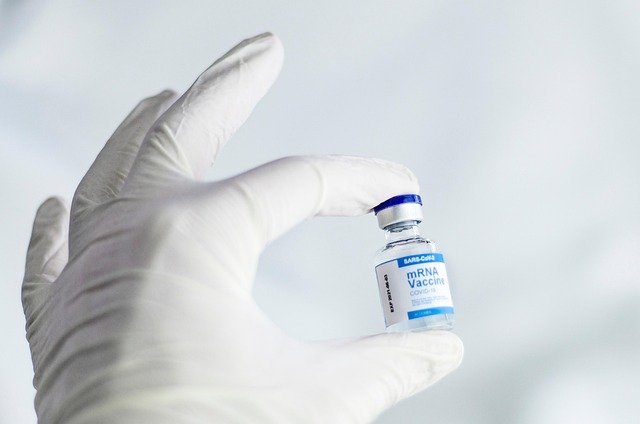Clinical Trials Smoking
Quitting smoking is a challenge for many individuals, but recent advancements in clinical research offer unique opportunities to make the process both effective and financially rewarding. Smokers looking for a way to kick the habit while earning compensation may find paid clinical trials an attractive option. These studies not only contribute to groundbreaking medical research but also provide participants with tools, resources, and financial benefits.

What Are Paid Clinical Trials and How Can They Help Smokers?
Clinical trials are research studies that evaluate new methods, medications, or treatments for smoking cessation. Participants receive professional medical supervision, access to experimental treatments, and often monetary compensation for their time and commitment. These trials may test various approaches, from new medications to behavioral therapies, helping researchers understand which methods work best for different types of smokers.
How to Find Legitimate Smoking Cessation Clinical Trials
The most reliable way to find legitimate trials is through established databases and research institutions. Start by visiting ClinicalTrials.gov, the official U.S. database of clinical studies. University medical centers, major hospitals, and research facilities also regularly conduct smoking cessation trials. Local healthcare providers can often connect interested participants with ongoing studies in their area.
What to Consider Before Joining a Clinical Trial
Before enrolling in a clinical trial, carefully evaluate several factors:
-
Study duration and time commitment
-
Potential risks and side effects
-
Required medical screenings and visits
-
Compensation structure and payment schedule
-
Travel requirements and location accessibility
-
Whether you’ll receive the experimental treatment or a placebo
Understanding the Benefits and Compensation Structure
Compensation for smoking cessation trials varies widely based on study length, commitment level, and procedures involved. Participants typically receive:
-
Regular health monitoring
-
Free smoking cessation medications or treatments
-
Compensation for time and travel
-
Professional counseling and support
-
Follow-up care during the study period
Current Smoking Cessation Trial Opportunities
| Trial Type | Average Duration | Typical Compensation Range |
|---|---|---|
| Medication Studies | 3-6 months | $300-1000 |
| Behavioral Therapy | 2-4 months | $200-600 |
| Combination Trials | 6-12 months | $500-1500 |
| Short-term Studies | 2-4 weeks | $100-300 |
Prices, rates, or cost estimates mentioned in this article are based on the latest available information but may change over time. Independent research is advised before making financial decisions.
Taking the First Step Towards Quitting and Earning
To begin your journey, start by:
-
Consulting with your healthcare provider about clinical trial participation
-
Researching current trials through official databases
-
Contacting study coordinators for detailed information
-
Completing preliminary screening questionnaires
-
Understanding all commitment requirements before enrolling
Remember that while compensation is attractive, the primary goal should be achieving long-term smoking cessation success. Clinical trials offer structured support and innovative treatments that may provide the extra motivation and assistance needed to quit successfully.
This article is for informational purposes only and should not be considered medical advice. Please consult a qualified healthcare professional for personalized guidance and treatment.




